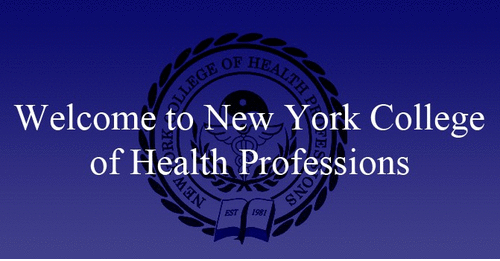Massage therapy is the manipulation of the soft tissues of the body in particular spots for the purpose of normalizing those tissues and improving the flow of energy, or qi throughout the body. In the recent years, the public’s interest in such modes of natural healthcare has increased steadily, allowing for massage therapy to become the rapidly growing field that it is today. To complement the demand, more Massage Therapy Schools are being established nationwide to train massage therapists and prepare them for licensing.
Which Massage Therapy School is Right For Me?
Primarily, it is beneficial to decide what atmosphere you would like to be employed in once you are a licensed massage therapist. For instance, if you strictly want to practice in a medical practice, it best to find a massage schools that offers that type of training program. If you are looking for a more general training, it would be suggested that you find a Massage Therapy School that will train you in various methods of massage therapy. Some schools even offer business management courses as part of the program if you are looking to own or manage a massage therapy practice or spa as well as be licensed in the field.
It is also important to consider the variety of massages the school’s massage therapy program offers as well as how in-depth these techniques are taught. Because massage therapy is a highly competitive field, it is best to know as many techniques and types of massages as possible. While each school has a different curriculum, massage techniques taught in schools nationwide usually include Shiatsu, Swedish, Tui Na, myofascial, prenatal, relexology and chair massage. If you are thoroughly knowledgeable in such techniques, you are more likely to have a successful massage therapy career.
Lastly, research the Massage Therapy School’s affiliations and network. If they are accredited by governing bodies and are connected with well-known medical establishments such as nearby hospitals, they are most likely able to help you establish yourself as a successful massage therapist. Well-connected schools often offer externships, supervised clinic hours and other real-world training, which is crucial to an understanding of what it is to be a massage therapist.
New York College of Health Professions is an example of a Massage Therapy School that is exceeding expectations in massage therapy education. With four locations in New York City and on Long Island, New York College is convenient to most students living in New York’s tri-state area. Their nationally recognized and institutionally accredited Massage Therapy Program is highly selective, requires hands-on interniships and classes in T’ai Chi Chuan, Qi Gong and Yoga to help their students understand their own body’s mechanics. Such knowledge readies graduates to succeed in the competitive field of massage therapy.
Which Massage Therapy School is Right For Me?
Primarily, it is beneficial to decide what atmosphere you would like to be employed in once you are a licensed massage therapist. For instance, if you strictly want to practice in a medical practice, it best to find a massage schools that offers that type of training program. If you are looking for a more general training, it would be suggested that you find a Massage Therapy School that will train you in various methods of massage therapy. Some schools even offer business management courses as part of the program if you are looking to own or manage a massage therapy practice or spa as well as be licensed in the field.
It is also important to consider the variety of massages the school’s massage therapy program offers as well as how in-depth these techniques are taught. Because massage therapy is a highly competitive field, it is best to know as many techniques and types of massages as possible. While each school has a different curriculum, massage techniques taught in schools nationwide usually include Shiatsu, Swedish, Tui Na, myofascial, prenatal, relexology and chair massage. If you are thoroughly knowledgeable in such techniques, you are more likely to have a successful massage therapy career.
Lastly, research the Massage Therapy School’s affiliations and network. If they are accredited by governing bodies and are connected with well-known medical establishments such as nearby hospitals, they are most likely able to help you establish yourself as a successful massage therapist. Well-connected schools often offer externships, supervised clinic hours and other real-world training, which is crucial to an understanding of what it is to be a massage therapist.
New York College of Health Professions is an example of a Massage Therapy School that is exceeding expectations in massage therapy education. With four locations in New York City and on Long Island, New York College is convenient to most students living in New York’s tri-state area. Their nationally recognized and institutionally accredited Massage Therapy Program is highly selective, requires hands-on interniships and classes in T’ai Chi Chuan, Qi Gong and Yoga to help their students understand their own body’s mechanics. Such knowledge readies graduates to succeed in the competitive field of massage therapy.

